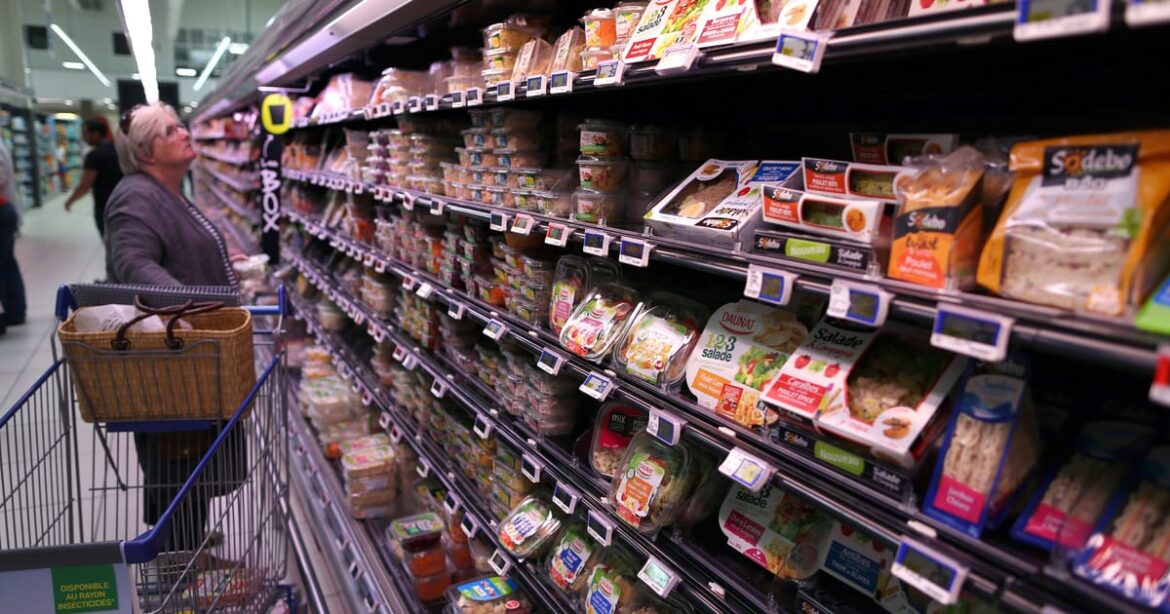The labels make complex nutritional information more digestible, but the European Commission has held back from intervening in such a delicate policy area, although it is ultimately responsible for labeling. It has yet to formally approve Britain’s traffic light labels, so it will now fall to France — a country that Brussels almost never contradicts — to force the issue.
“When you simplify things, there are winners and losers,” said Alberto Alemanno, a law professor who works on food policy. “Industry believes that some of their products might lose.”
The Commission has dithered over consumer issues where it fears that it could be perceived as paternalistic. Brussels still feels the sting of one of its worst public relations disasters in 2013: when it attempted to regulate olive oil jars in restaurants, to almost universal derision.
Traffic light labels already have proven to be a minefield.
Ninety-one MEPs fired a salvo in August when they asked the Commission to conduct an impact assessment of the British scheme, citing a study showing that sales of Parma ham, Parmigiano Reggiano and Brie were falling in U.K. supermarkets. One of the industry’s prime worries was that healthy, but fatty, foods such as nuts and fish would receiving a red label.
Paolo De Castro, one of the MEPs and a former Italian agriculture minister, told POLITICO he hoped parliamentary pressure on the Commission would make France and other countries mulling similar schemes stop and think. “You’ll be putting a red light on wonderful cheese and olive oil, which is healthy food … I don’ t think the U.K. can teach us how to [label] correct information.”

